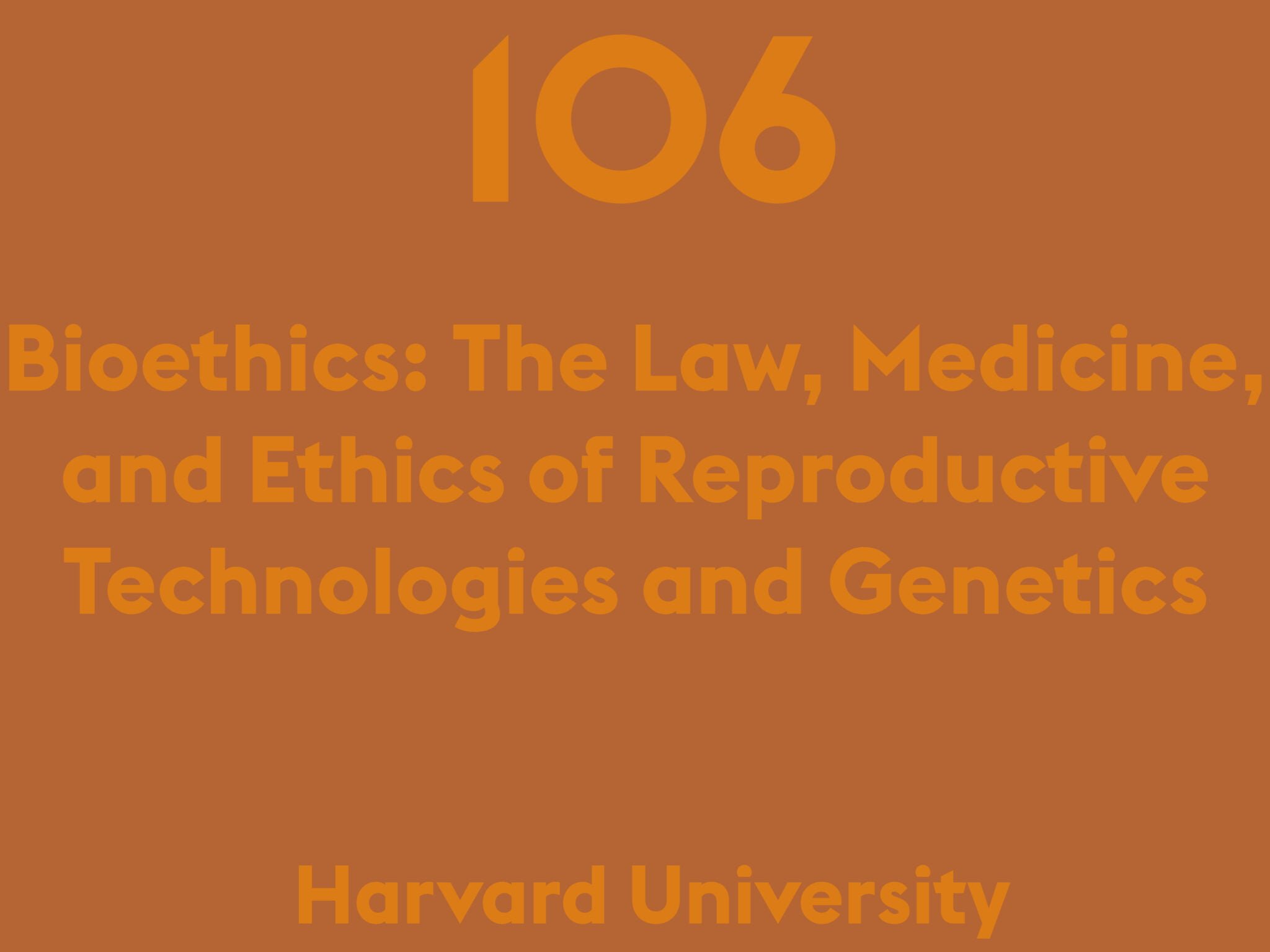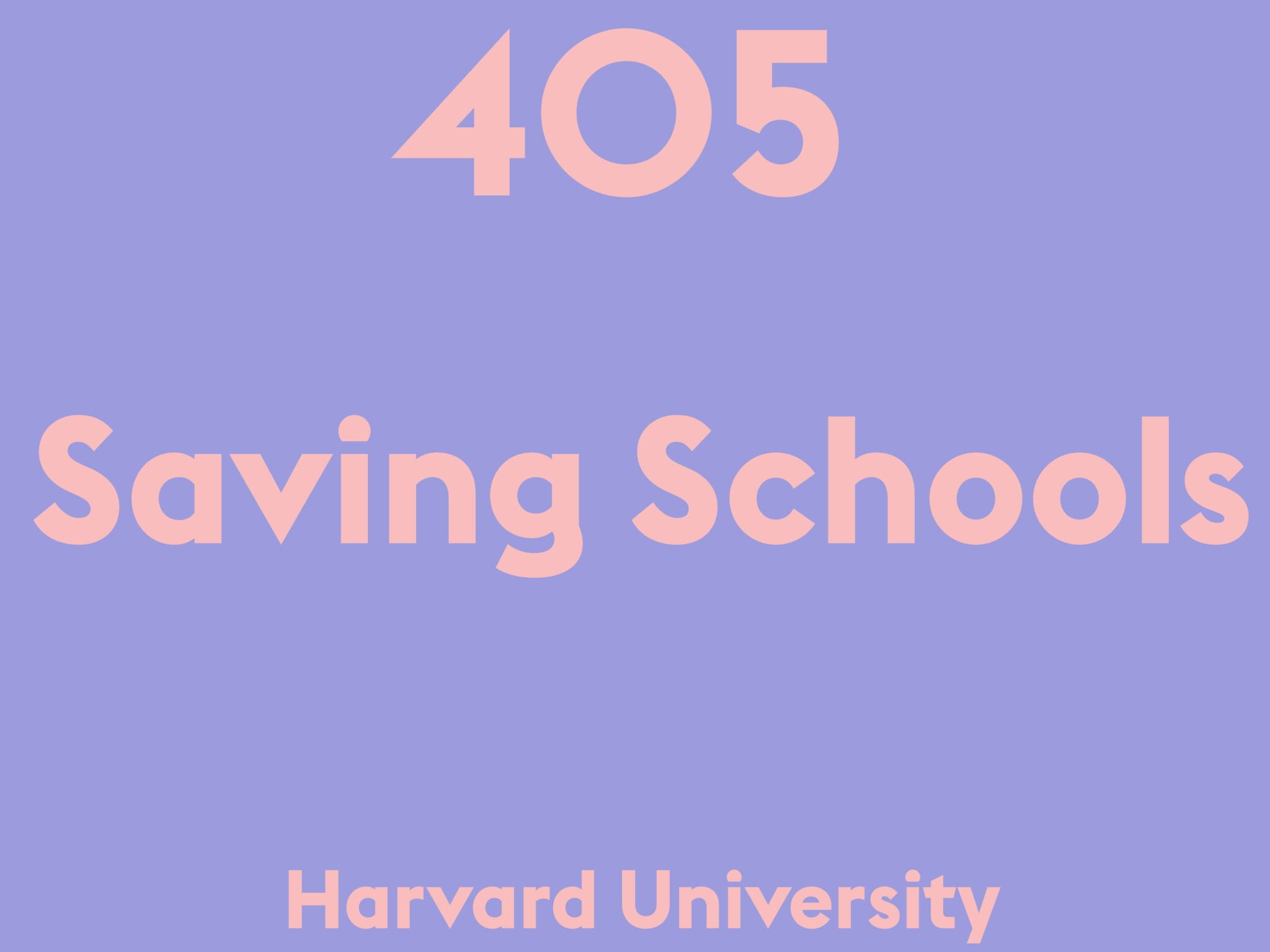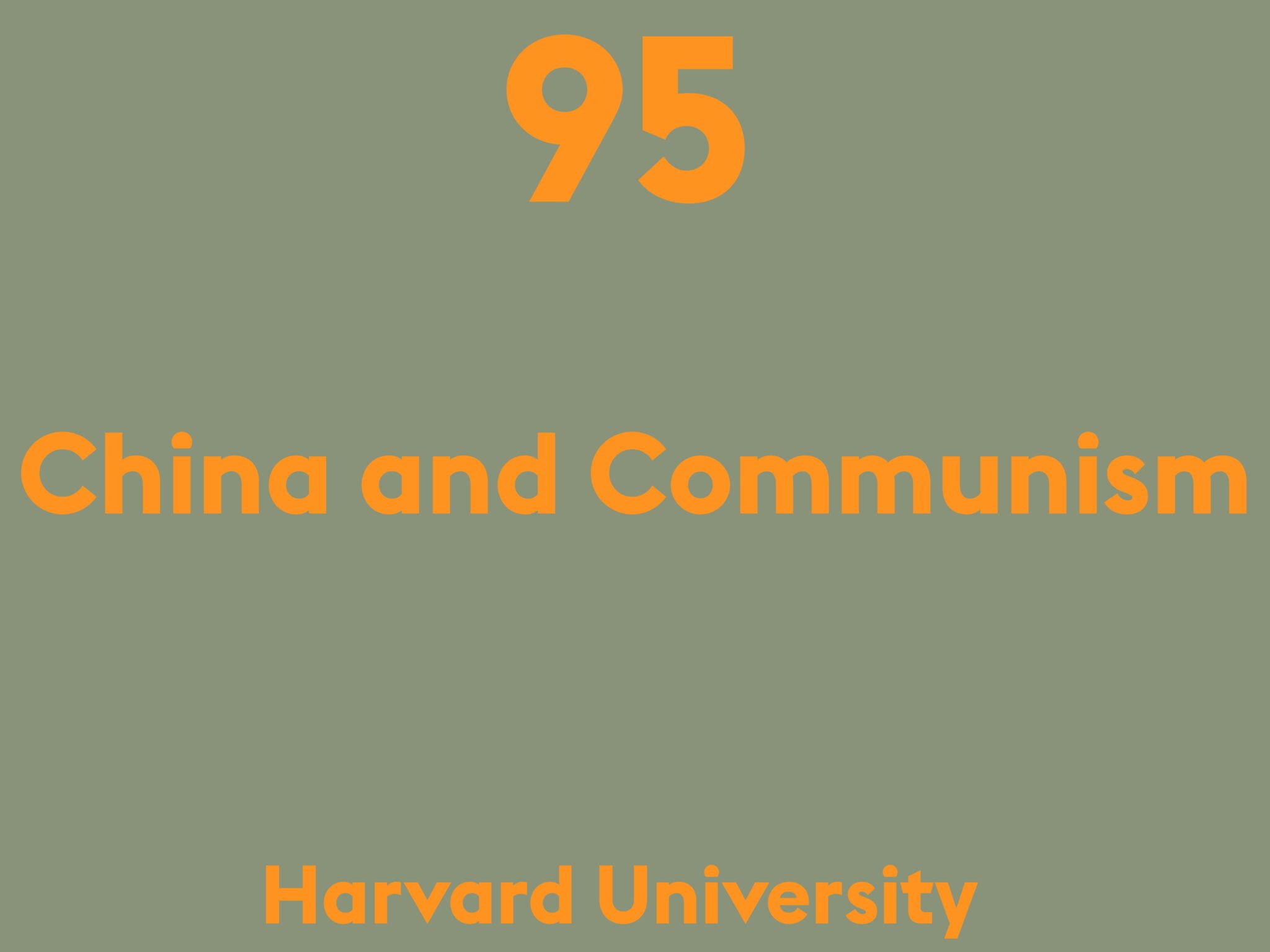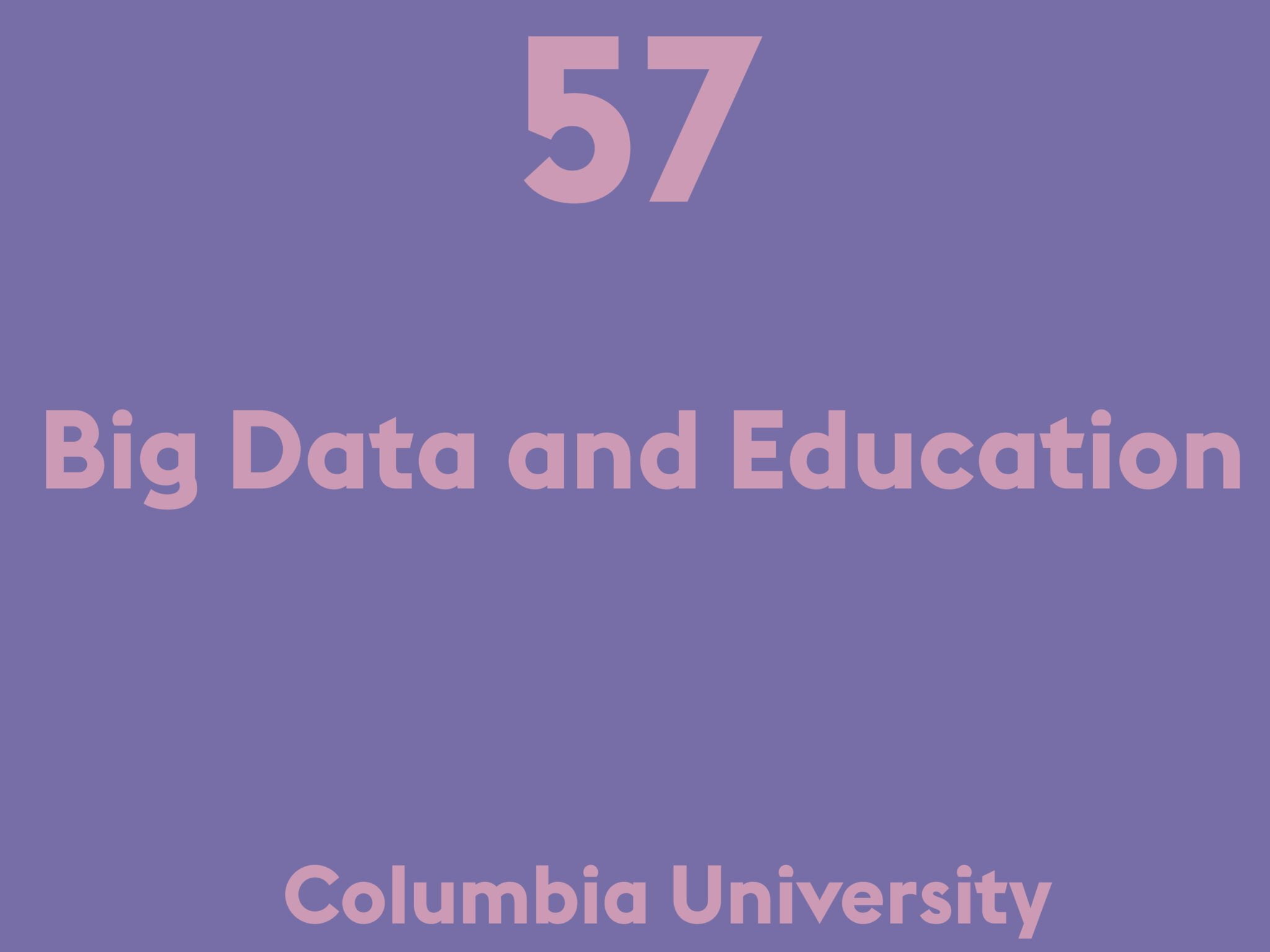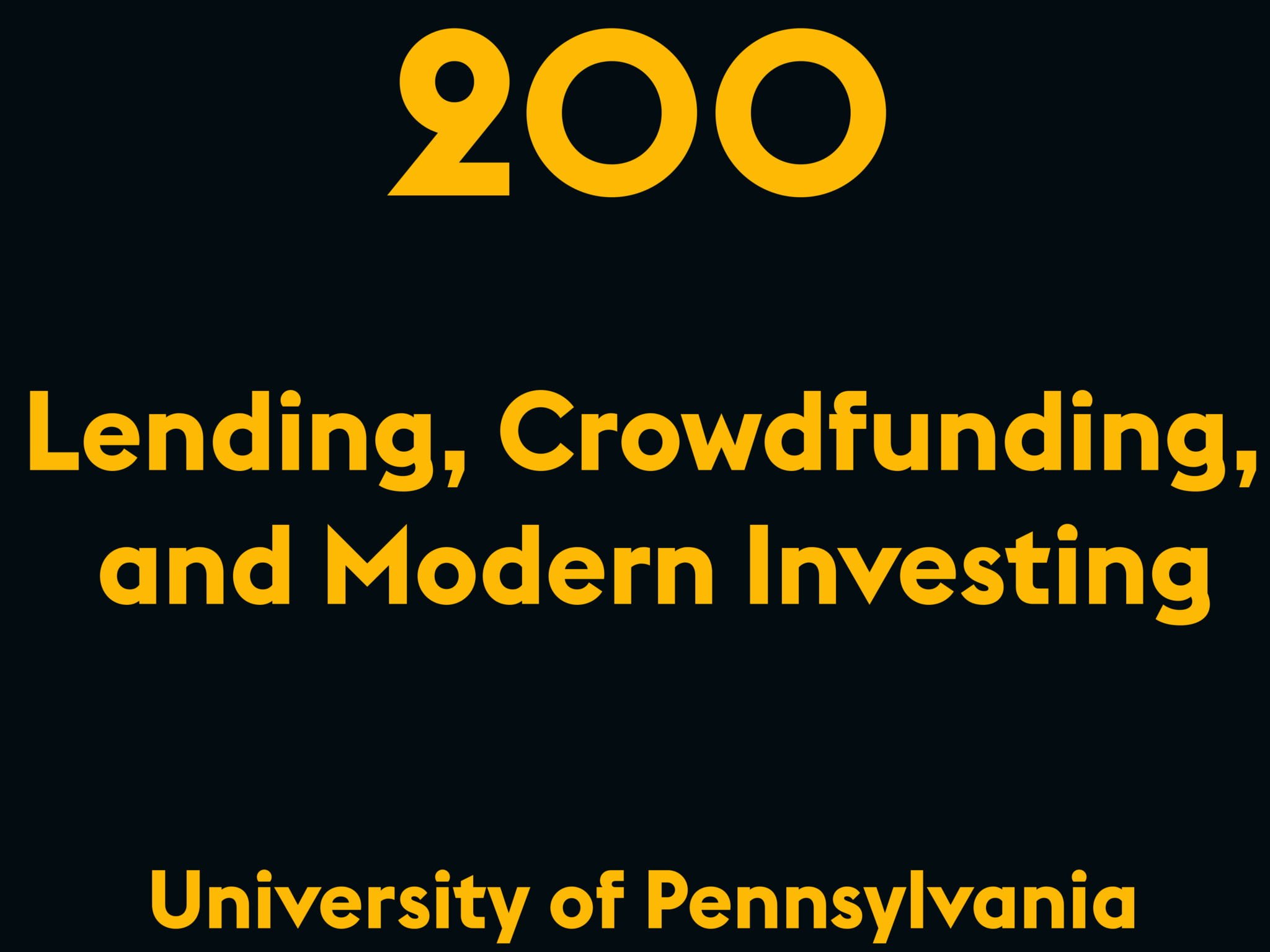Bioethics provides an overview of the legal, medical, and ethical questions around reproduction and human genetics and how to apply legal reasoning to these questions.
This law course includes interviews with individuals who have used surrogacy and sperm donation, with medical professionals who are experts in current reproductive technologies like In Vitro Fertilization and Preimplantation Genetic Diagnosis, and bioethicists and journalists who study the ownership and use of genetic information within human tissue. Additional Harvard colleagues will also share with you their thoughts on topics such as disability law as it relates to reproductive technology.
While the law and ethics surrounding these technologies are a central component to this course, we also show you examples of the deeply personal and human side of these issues. Throughout the course, and with the help of law students, we will discuss leading legal cases in this field, which will illuminate the types of questions the law has struggled with – stretching and evolving over time. From the famous Baby M surrogacy case, to cases on the paternity of sperm donors, to a case related to the ownership of human tissue turned into a commercial product, and others. We will show you the ethical, legal, and rhetorical underpinnings, which have served as the basis for various court decisions over the past 20 or 30 years. We will also explore potential future technologies and their implications for society: genetic enhancements to increase our intelligence, let us live a hundred years longer, or make us immune to diseases – and the possibility of creating animal-human hybrids, for example a mouse with a humanized brain.
The content within this course is intended to be instructive, and show how legal reasoning has been applied, or could be applied, to questions related to parenthood, reproduction, and other issues surrounding human genetic material. The material organized within this course should be considered an authoritative overview, but is not intended to serve as medical or legal advice.

